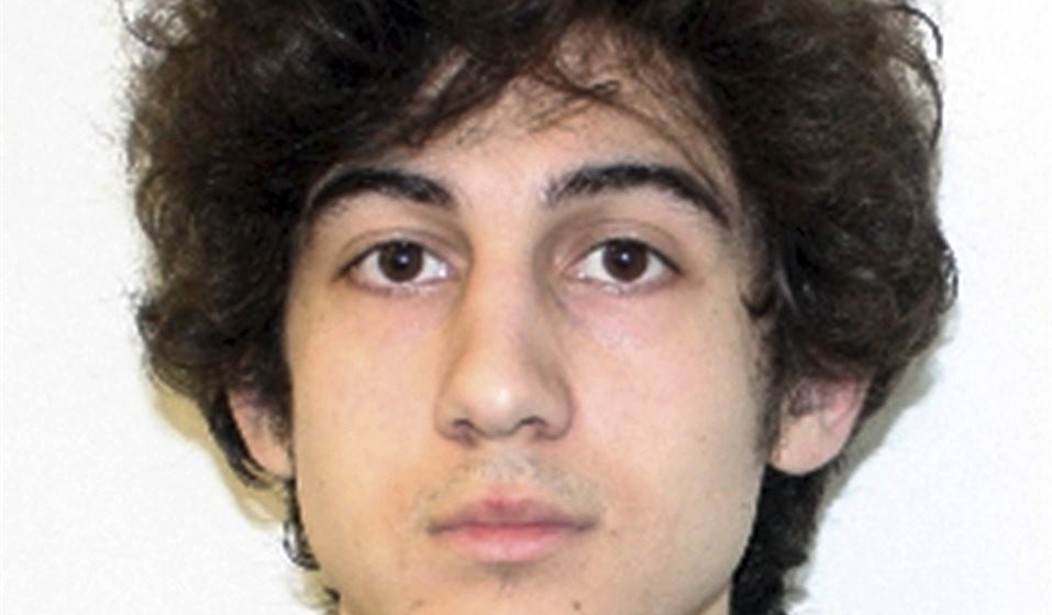In a 6-3 decision Friday, the Supreme Court of the United States reinstated the death penalty for Boston Marathon Bomber — and Biden stimulus check recipient — Dzhokhar Tsarnaev following a previous federal appeals court decision that vacated his death sentence.
BREAKING: #SCOTUS finds death penalty for Boston bomber Dzhokhar Tsarnaev was improperly thrown out by lower court. 6-3
— Shannon Bream (@ShannonBream) March 4, 2022
Tsarnaev's actions in April 2013 — planning and executing the Boston Marathon bombing and subsequently murdering a MIT campus police officer, carjacking a graduate student, and fighting a street battle with police during which Dzhokhar ended up running over and killing his brother Tamerlan — resulted in a lengthy indictment, with more than one dozen capital offenses. A jury found Tsarnaev guilty on all counts and ultimately determined that six warranted the death penalty.
Following sentencing, a federal court of appeals vacated the death penalty based on claims that the district court where Tsarnaev was tried "abused its discretion during jury selection" and "abused its discretion during sentencing when it excluded evidence." But the Supreme Court, in its opinion authored by Justice Clarence Thomas, held that "The Court of Appeals improperly vacated Dzhokhar’s capital sentences." Justices Breyer, Kagan, and Sotomayor dissented.
As Justice Thomas writes for the Court:
Recommended
On April 15, 2013, Dzhokhar and Tamerlan Tsarnaev planted and detonated two homemade pressure-cooker bombs near the finish line of the Boston Marathon. The blasts hurled nails and metal debris into the assembled crowd, killing three while maiming and wounding hundreds. Three days later, the brothers murdered a campus police officer, carjacked a graduate student, and fired on police who had located them in the stolen vehicle. Dzhokhar attempted to flee in the vehicle but inadvertently killed Tamerlan by running him over. Dzhokhar was soon arrested and indicted.
A jury found Dzhokhar guilty of 30 federal crimes and recommended the death penalty for 6 of them. The District Court accordingly sentenced Dzhokhar to death. The Court of Appeals vacated the death sentence. We now reverse.
Thomas also emphasized the violence and terror of the bombing carried out by Tsarnaev:
Each detonation sent fire and shrapnel in all directions. The blast from Tamerlan’s bomb shattered Krystle Campbell’s left femur and mutilated her legs. Though bystanders tried to save her, she bled to death on the sidewalk. Dzhokhar’s bomb ripped open the legs of Boston University student Lingzi Lu. Rescuers tried to stem the bleeding by using a belt as a makeshift tourniquet. She too bled to death. Eight-year-old Martin Richard absorbed the full blast of Dzhokhar’s bomb. BBs, nails, and other metal fragments shot through his abdomen, cutting through his aorta, spinal cord, spleen, liver, pancreas, left kidney, and large intestines. The blast propelled shrapnel with such force that it exited his back. Other shrapnel nearly severed his left hand. The explosion also caused third-degree burns. Martin ultimately died from blood loss.
"Dzhokhar Tsarnaev committed heinous crimes," the opinion from Thomas concludes. "The Sixth Amendment nonetheless guaranteed him a fair trial before an impartial jury. He received one. The judgment of the United States Court of Appeals for the First Circuit is reversed."

























Join the conversation as a VIP Member